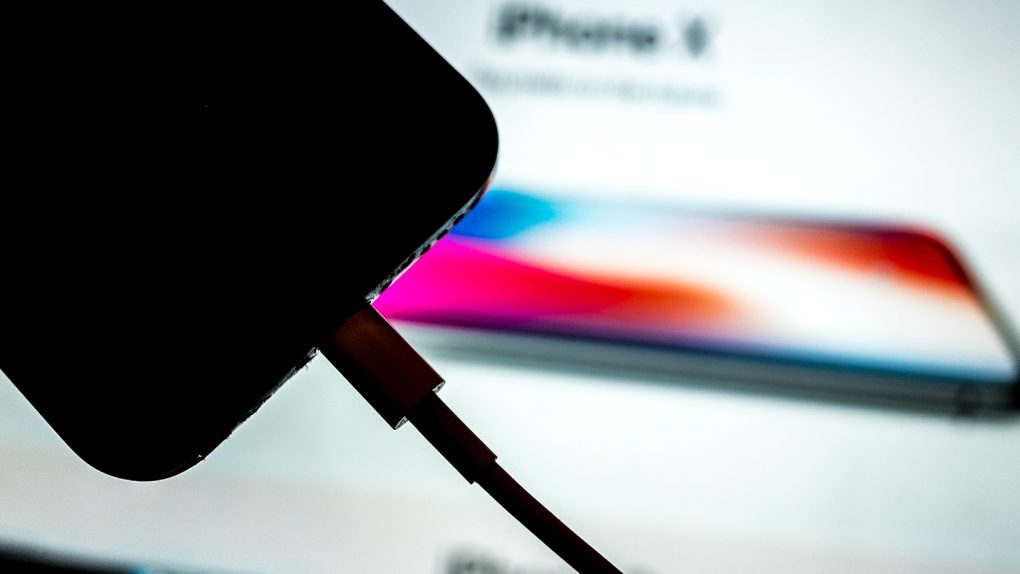When Apple lowered its revenue guidance for the Christmas quarter a couple of weeks ago, Tim Cook explained Apple’s rare miss in a letter, providing several interesting details about the company’s financial performance for the period. iPhone sales weren’t as strong as Apple would have hoped, thanks to several reasons. Among them, Cook highlighted the affordable iPhone battery replacement program that Apple offered buyers last year, in response to the iPhone throttling issue that came to light in late 2017. Now we have an idea of how many batteries Apple replaced last year thanks to an insider. Eleven million iPhone batteries were replaced in 2018, compared to the anticipated 1-2 million.
Here’s a fragment from Cook’s letter that tackled the battery program (emphasis ours):
While Greater China and other emerging markets accounted for the vast majority of the year-over-year iPhone revenue decline, in some developed markets, iPhone upgrades also were not as strong as we thought they would be. While macroeconomic challenges in some markets were a key contributor to this trend, we believe there are other factors broadly impacting our iPhone performance, including consumers adapting to a world with fewer carrier subsidies, US dollar strength-related price increases, and some customers taking advantage of significantly reduced pricing for iPhone battery replacements.
At the time some people thought it was strange for Cook to include battery replacements in the letter because the argument could further fuel that crazy conspiracy theory that says Apple intentionally slows down its iPhones so that users buy new gear.
Commenting on the battery replacement program effect on Apple’s Q12019 numbers, Jean-Louis Gassée speculated on the number of replacements Apple performed last year, concluding initially that the $29 battery program may not have been enough to affect iPhone sales. He later updated the post to acknowledge the fact that his estimates might be too low, and that Apple had full knowledge of the battery replacement numbers when it issued its guidance for the first quarter.
Looking at Gassée’s take on the matter, Apple insider John Gruber actually provided a figure for the battery program. According to him, Cook explained during the all-hands meeting that took place on January 3rd that 11 million iPhone batteries were serviced under the $29 replacement program, but Apple only anticipated about 1-2 million battery replacements. Gruber says that while the all-hands meeting was reported in the press, the contents of the meeting were secret, except for the number of replacements that he just provided.
Gruber also said that the number of battery replacements, even if known to Apple, was significant enough to prevent some iPhone buyers from upgrading to an iPhone XR or iPhone XS, which hurt Apple’s numbers for the holiday quarter:
But Gassée’s second point still stands: the battery replacement program ran all year long, so even if it was more popular than Apple originally expected, why wasn’t it accounted for in guidance issued on November 1 — 10 months after the program started? My guess: the effect of the battery replacement program on new iPhone sales wasn’t apparent until after the iPhone XR and XS models were available. A few million extra iPhone users happy with the performance of their old iPhones with new batteries — who would have otherwise upgraded to a new iPhone this year — put a ding in the bottom line.
Recent reports revealed that Apple is already taking steps to improve iPhone sales in key markets, including China, Japan, Europe, and the US. In China, Apple reportedly slashed the iPhone price for retailers. In other major markets, Apple is offering buyers a limited trade-in program that lets them turn in older iPhones for a new iPhone XS or XR.








